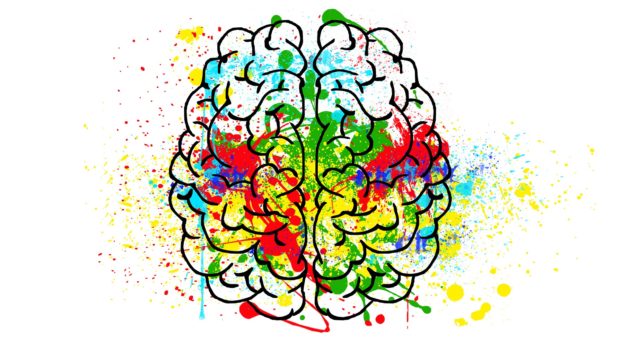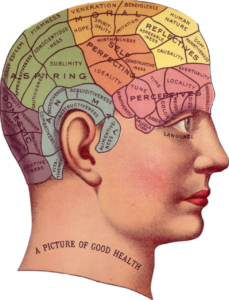
How should we think consciousness?
A naive view of consciousness depicts it as the opposite of the unconscious. This dialectic description is reasonable given the limitation of the natural languages used to describe our aware and unaware activities. Yet recent advances in scientific research reveal that this simple oppositional view is unable to express the richness of both consciousness and the unconscious. In fact, cognitive sciences offer evidence of the unconscious being very similar in its abilities to consciousness. The similarity is not only in cognitive activities but also in emotional life. Some researchers claim that the unconscious is able to do all the same activities the conscious can.
If this is true, it has important implications for how we think about consciousness and how we make decisions based on it. Particularly, it impacts the ethical assessment of borderline cases where it’s not clear to which extent the subject is conscious. For a complete ethical analysis of such situations, looking only for residual awareness might not be sufficient. In fact, if the ethical value of consciousness depends on particular factors, and if such factors are retained by the unconscious, then the unconscious deserves to be included in the ethical analysis as well.
The ethical analysis of disorders of consciousness
When it comes to disorders of consciousness, like vegetative state/unresponsive wakefulness syndrome, the usual approach to ‘ethical value’ (i.e. being ethically valuable and consequently deserving ethical respect) takes two factors into account: well-being and having interests; it furthermore focuses on the awareness retained by the patient, trying to figure out if and how much a patient’s awareness allows for those factors. In other words: well-being and having interests are necessary and sufficient conditions for having ethical value, and if there is residual awareness allowing for those factors, then the subject deserves ethical respect.
Focusing only on residual consciousness is insufficient. In fact, both well-being and having interests might arguably be extended to the unconscious.
Yet, in light of the abovementioned evidence about the similarity between consciousness and the unconscious, focusing only on residual consciousness is insufficient. In fact, both well-being and having interests might arguably be extended to the unconscious.
Well-being can be described as the positive effect related to what makes life good (according to specific standards) for a subject. The only necessary condition for well-being so understood is the ability to experience its ‘positiveness’. Experiencing positiveness is basically an emotional process. As seen above, emotions might be conscious or unconscious. Particularly, some basic emotions, like anger, fear, happiness, disgust, have a long phylogenetic root and are likely to occur also at a completely unaware level. For this reason, assessing well-being only in relation to residual consciousness is limited: it is possible that well-being is experienced also or even only at the unaware level.

The same applies to having interests. Having an interest can be understood as having a stake in something that can potentially affect what makes our life good. A good can basically be described as what is appropriate for fulfilling a need. Contemporary neuroscience depicts the brain as an evaluative organ, able to distinguish relevant inputs, to track and recognize them, and to emotionally react to them in a relevant way. This can be done at both conscious and unconscious levels. Thus logically speaking, having interest can be referred to both the conscious and the unconscious brain. As a result, having interest cannot be assessed in relation to consciousness only.
The unconscious deserves ethical attention
On the basis of the scientific data about the unconscious abilities of the brain, and following the ethical reasoning that takes well-being and having interests as critical in the ethical debate, it is reasonable to infer the ethical relevance of the unconscious. A fundamental argument for that is as follows:
If consciousness is ethically relevant because of what it can enable, and the unconscious may enable comparable things, then the unconscious is also ethically relevant.
Claiming that the unconscious deserves ethical attention is not the same as claiming that it is sufficient for disentangling specific ethical issues, for instance withdrawing or withholding life support in end of life cases. These are specific questions which should be assessed in the light of the ethical relevance of the unconscious I argue for.
An ethical discussion of human beings that does not include the unconscious into account is like a useless scratching of an iceberg’s surface.
Comments